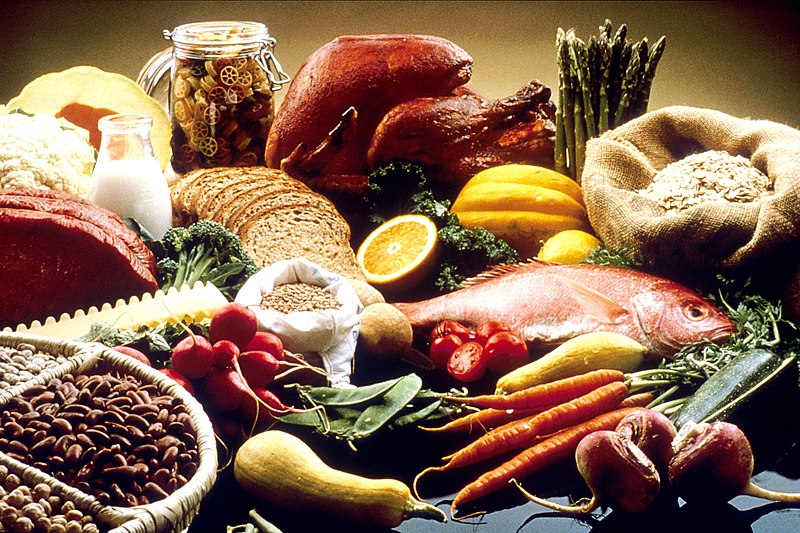Sustainable gastronomy has emerged as a pivotal concept in addressing the environmental challenges our world faces today. By focusing on the intersection of food production, consumption, and environmental sustainability, we can pave the way for a greener and more sustainable future. This article delves deep into the realm of sustainable gastronomy, exploring its significance, practices, and the potential it holds in shaping a healthier planet for generations to come.
Understanding Sustainable Gastronomy
Sustainable gastronomy encapsulates the idea of consuming and producing food in a manner that is environmentally friendly, socially responsible, and economically viable. It encompasses various principles such as promoting local and seasonal produce, minimizing food waste, and supporting ethical farming practices.
The Environmental Impact of Food
The production, distribution, and consumption of food have significant environmental repercussions. From greenhouse gas emissions to deforestation and water scarcity, the food industry plays a substantial role in shaping our planet’s health.
Innovative Practices
To mitigate the environmental impact of food production, innovative practices are essential. This includes embracing the farm-to-table movement, implementing waste reduction strategies, and transitioning towards a plant-based diet.
Farm-to-Table Movement
The farm-to-table movement emphasizes the importance of sourcing food locally, directly from producers. By shortening the supply chain, this practice reduces carbon emissions associated with transportation and supports local farmers.
Waste Reduction
Food waste is a pressing issue worldwide, contributing to environmental degradation and resource depletion. Implementing strategies to minimize foods waste, such as composting, recycling, and redistributing surplus foods, is crucial in achieving sustainability goals.
Plant-Based Diet
Embracing a plant-based diet is one of the most impactful ways individuals can contribute to sustainable gastronomy. Plant-based diets require fewer resources, produce fewer emissions, and are associated with numerous health benefits.
Sustainable Fishing Practices
Overfishing and destructive fishing practices pose a significant threat to marine ecosystems. Sustainable fishing practices, such as quotas, habitat protection, and selective harvesting, are essential for preserving marine biodiversity.
Community Engagement
Engaging local communities in sustainable foods practices fosters a sense of connection and responsibility towards the environment. Community gardens, farmers’ markets, and educational programs play a vital role in promoting sustainable gastronomy at the grassroots level.
Food Policy and Advocacy
Policy changes are instrumental in driving systemic shifts towards sustainability in the foods industry. Advocating for policies that support small-scale farmers, regulate foods waste, and promote sustainable practices is crucial for effecting meaningful change.
Technology and Innovation
Advancements in technology offer promising solutions to enhance the sustainability of our foods systems. From precision agriculture to vertical farming and alternative protein sources, innovation holds the key to a greener future.
Education and Awareness
Empowering consumers with knowledge about sustainable foods choices is paramount. Educational initiatives, labeling schemes, and consumer awareness campaigns can help individuals make informed decisions that align with environmental values.
Economic Viability
While prioritizing sustainability is crucial, it must also be economically viable for farmers, producers, and consumers. Balancing environmental considerations with economic realities is essential for the long-term success of sustainable gastronomy initiatives.
Cultural Preservation
Celebrating foods diversity and cultural heritage is integral to sustainable gastronomy. By honoring traditional cooking methods, indigenous ingredients, and culinary practices, we enrich our foods systems while preserving cultural identities.
The Future of Sustainable Gastronomy
As we look towards the future, sustainable gastronomy will play an increasingly vital role in shaping our foods systems. By embracing innovation, fostering community engagement, and advocating for policy changes, we can create a more sustainable and equitable world.
Conclusion
Sustainable gastronomy holds the key to a greener and more sustainable future. By embracing innovative practices, fostering community engagement, advocating for policy changes, and celebrating food diversity, we can create a world where foods nourishes both people and the planet.
